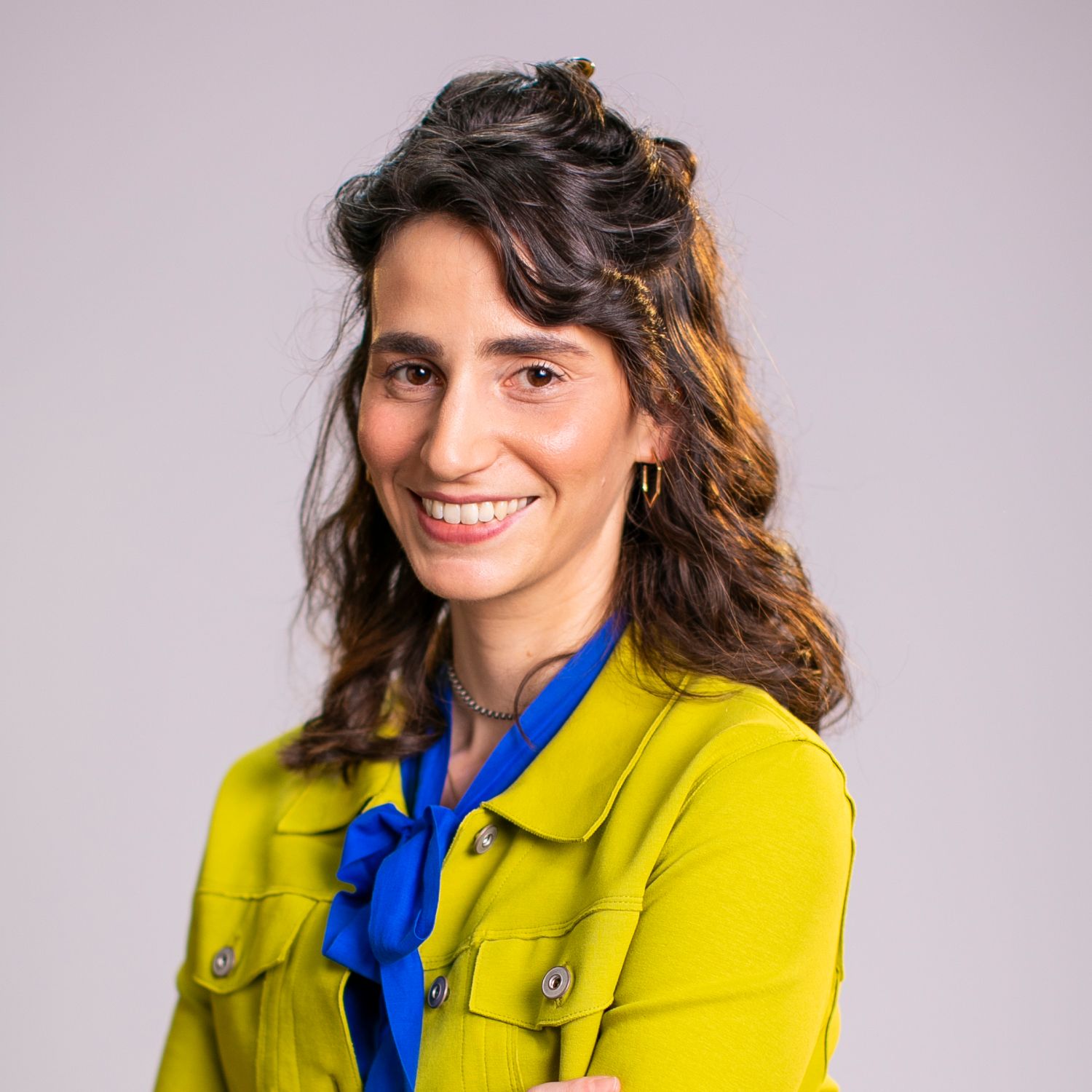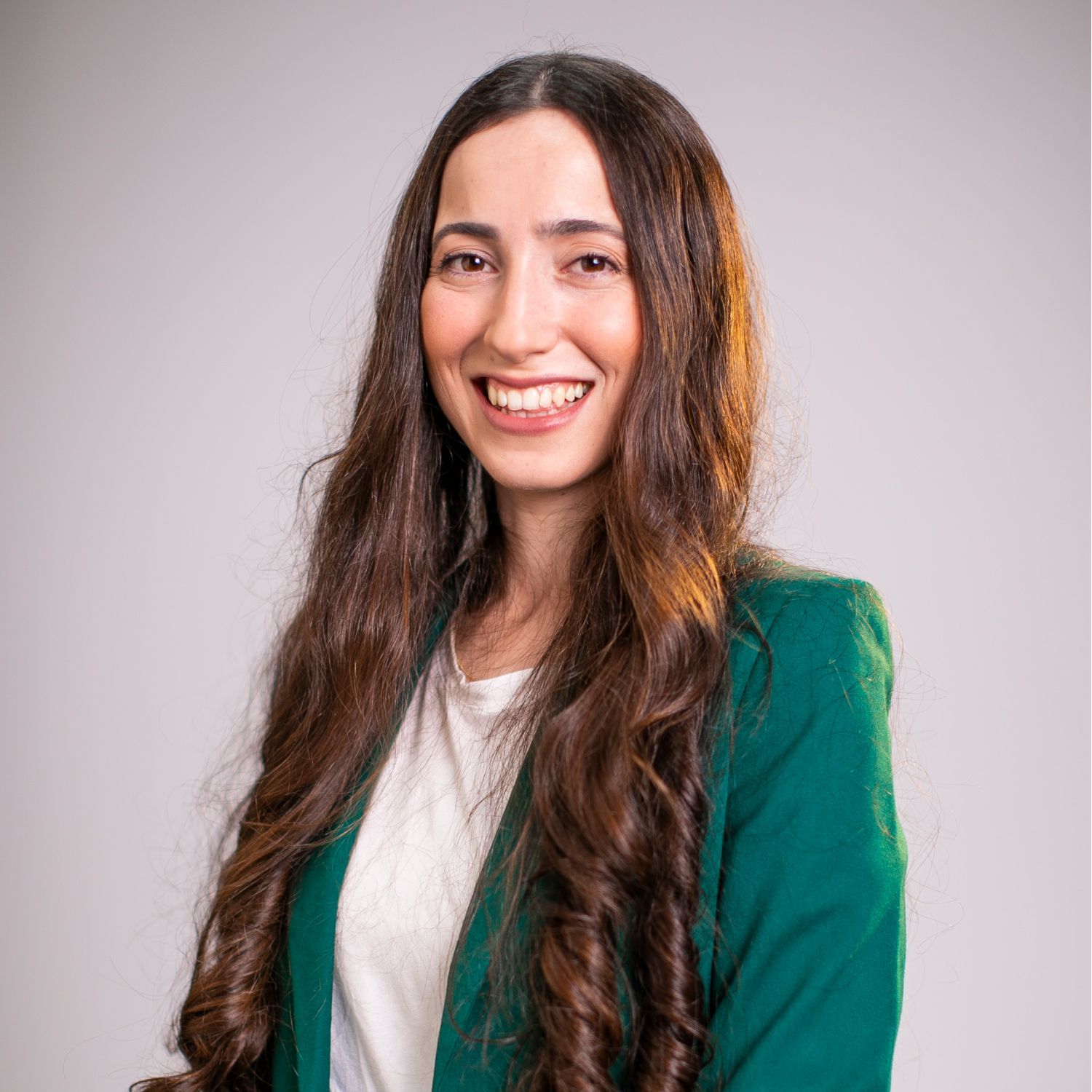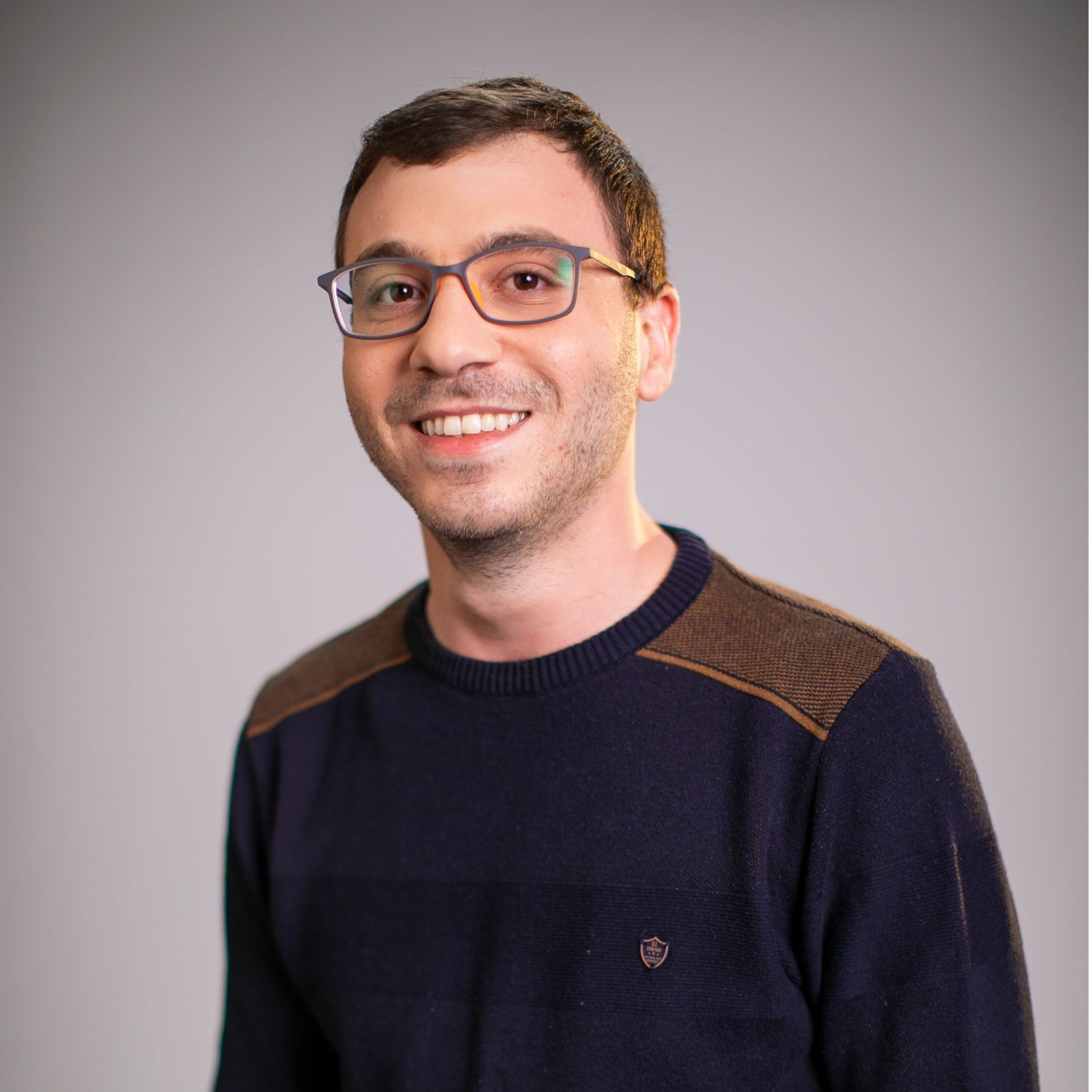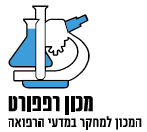
Tamar Koren
Outstanding doctoral students
Tamar Koren is a student at the MD/Ph.D program at the Technion, integrating both medicine and research studies. Under the supervision of Prof. Asya Rolls, Tamar has investigated the reciprocal relationship between the brain and the peripheral immune system. Specifically, she aimed to understand how brain activity represents immune-related processes occurring in the body, and whether this neuronal activity is significant to the immune response itself.
Using activity-dependent cell labelling in transgenic mice, Tamar was able to capture neuronal ensembles that are active during two different inflammatory conditions (colitis and peritonitis). Focusing on the brain's insular cortex (the primary cortical site of interoception), she showed that chemogenetic reactivation of these neuronal ensembles was sufficient to retrieve the inflammatory state under which these neurons were captured. Moreover, she found out that inhibition of the InsCtx decreases signs of inflammation during the colitis model. Thus, these findings indicate that the brain can store and retrieve specific immune responses, suggesting a neuronal pathway underlying the nature of psychosomatic disorders.
Based on her discoveries in mice, Tamar continues to examine the potential effects on immunity in humans, following focused brain-targeted neuromodulation,with the goal of broadening the therapeutic avenues available to patients who suffer from various immune-related disorders (e.g., inflammatory bowel diseases).

Sheri Harari
Outstanding doctoral students
Sheri Harari is a Ph.D student in the lab of Prof. Adi Stern from Tel Aviv University. Sheri studies the evolution of viruses with RNA genomes, which are highly prone to mutations and include viruses, such as HIV, Influenza, and coronaviruses. As part of her Ph.D. studies, Sheri developed an accurate viral genetic sequencing method that can detect rare mutations that allow viruses to evade the human immune system. When the COVID-19 pandemic broke out, Sheri began to intensely investigate the evolution of the etiological agent of this pandemic, namely SARS-Coronavirus-2. First, she took part in a study which tested vaccine breakthrough of different viral variants that circulated during early 2021. Next, she investigated chronic long-term infections of the virus, which occur in immunocompromised patients, in which the virus establishes an infection that can last for weeks or even months. This prolonged infection allows the virus to acquire a large number of mutations. Sheri showed that there is a great similarity between mutations that accumulate in chronic infections and those that appear in different variants-of-concern, such as Delta or Omicron. Her study also describes how different virus populations inhabiting different niches in the body, such as the upper versus lower respiratory tract, may produce dynamics that allow the accumulation of mutations with potential of spreading. Finally, Sheri is currently developing models based on artificial intelligence that aim to predict the next variants, potentially allowing rapid deployment of tailored therapeutics and vaccines.

Chaya-Mushka Fridman
Outstanding doctoral students
Mushki is performing her PhD research in Prof. Dor Salomon Lab at Tel-Aviv University. Mushki is investigating bacterial secretion systems and their toxins. Bacteria live in diverse environments. To survive and thrive, bacteria must compete with rival bacteria or to defend against eukaryotic predators. Hence, bacteria evolved various strategies to mediate these inter-cellular interactions. An interesting example of such is the Type VI secretion system (T6SS). T6SS delivers toxic proteins directly into neighboring cells. Mushki characterized specific domains in T6SS effectors that revealed hundreds of novel effectors. In addition, she discovered two novel toxin domains that degrade DNA, and an additional toxin that disrupts bacterial membranes. She also characterized a domain that is responsible for effector secretion via T6SS.
Due to the rapid spread of multidrug-resistant bacteria, we are approaching an era in which bacterial infections that were considered curable are becoming untreatable. To cope with this threat, we need to develop alternative antibacterial treatment strategies. Mushki’s findings will contribute to the development of engineered T6SS-based treatments against bacterial pathogens affecting human and animal health, as well as agriculture.

Gili Rosenberg
Outstanding doctoral students
Gili Rosenberg is a student in Dr. Roi Avraham lab at the Weizmann Institute of Science. His Ph.D research focuses on understanding the molecular mechanisms employed by intracellular bacterial pathogens to manipulate immune cells and support their infection cycle. One hallmark of macrophage activation during bacterial infection is metabolic reprogramming of the macrophage's energy metabolism, which regulates activation towards a pro-inflammatory and antimicrobial phenotype. During his studies, Gili has investigated how metabolic reprogramming of macrophages shapes the intracellular life of the foodborne pathogen
Salmonella. To follow this question, Gili and his colleagues combined varied technologies, such as dual RNA-sequencing for simultaneous analysis of the host and pathogen transcriptomes, together with in-depth metabolomic analysis and microbial genetic tools to uncover novel molecular mechanisms that underlie the host-pathogen metabolic crosstalk. Gili and his collogues discovered that succinate, a host metabolite which accumulates during macrophage infection to induce the pro-inflammatory immune response, is co-opted by
Salmonella as a signal for timely induction of virulence gene expression, promoting its intracellular survival. Moreover, they discovered a bacterial transporter that is responsible for the uptake of host succinate. Importantly, bacteria lacking the succinate transporter have impaired intracellular survival and decreased survival during mice infection. Gili’s work provides a new perspective on the metabolic host-pathogen crosstalk, in which metabolic reprogramming of macrophages acts as a signal for intracellular bacteria to optimize their survival and establish infection. Complementary therapies that directly restrain pathogen virulence by restricting access to host-immuno-metabolites could improve treatments for infectious diseases.

Majd Machour
Outstanding doctoral students
Majd Machour is an MD/Ph.D student in the lab of Prof. Shulamit Levenberg at the Technion’s faculty of Biomedical Engineering, where he also received his B.Sc. in the dual degree program of biomedical engineering and medicine. Majd’s research is in the field of tissue engineering where he aims to fabricate complex multi-layered vascularized tissue substitutes to treat severe defects.
3D bioprinting is an emergent promising technique to fabricate these substitutes. However, several drawbacks and challenges remain to translate bioprinting approaches to clinical practice. One such challenge is the non-uniform shrinkage of printed constructs during the post-printing tissue maturation, leading to variable engineered constructs with unpredictable size and shape. To overcome this problem, Majd has invented and developed a novel technology of "Print and Grow” that enhances the long-term structural stability of the printed objects. This technology allows for the fabrication of patient-specific geometries that can maintain their structural fidelity and cellular viability after long-term incubation.
In addition, Majd is tackling several other challenges in tissue engineering, including developing microsurgical techniques for the direct anastomoses of engineered blood vessels upon implantation. Furthermore, Majd is researching and inventing new printable materials to allow for the fabrication of vascularized bone substitutes, a tissue that is especially challenging due to its mechanical characteristics. These innovations and developments are crucial steps toward reaching the goal of fully engineered bioprinted tissue replacements.



